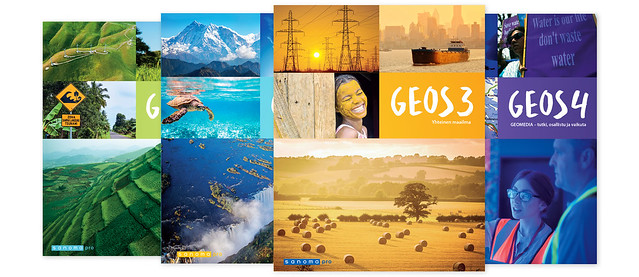I went to the Gapminder website and did the Gapminder test.
The test was about how well you know or think you have an idea of how the people of the world are doing on average considering things like schooling, healthcare and access to electricity and also about how the world has or is changing considering population growth and endangered species. All of the questions were about topics studied in human geography and topics that have been discussed already in high school.
My score was 4/13. I couldn’t believe it and am totally surprised. How did I do so badly? As a future geography teacher I thought I had a clue about these topics. I was thinking too negatively about most of the things. Turns out, the world population in total is doing far better than I thought.

After doing the test I watched the Ignorance Project TED Talk. I did worse than chimpanzees! Turned out, I was not the only one. Majority of the people in Western countries have no idea how the world is doing today, not even the media. And there is an explanation to this: personal bias, outdated facts taught at school and news bias. We can also blame our intuition.
![]()

I agree with the outdated facts, because I myself remember how the school books used in my high school were over ten years old and things taught were mostly outdated. That's why teachers have a huge responsibility to check on the latest information. I, as an upcoming biology and geography teacher am trying to teach not by the books but also by the latest information and news articles, even though considering the list, the news articles aren't always the best option either, but I think in this case a teacher knows what kind of information on the news is reliable. However, I'm still questioning what I have taught a bit because of my poor test result. That's why I think every teacher should find out about Gapminder and do the test.

How can we change this situation? This is what the ignorance project is about: making people less ignorant about global trends and more aware about the facts. The idea is to change our intuition, for example instead of thinking that everything will get worse thinking that everything is improving. I learned that is it important to have a realistic view of the world, because by having a fact based world view we might understand what's happening in the future.
It was interesting to see that the video itself is already 7 years old, so its information in some cases can also be outdated. The question I'm thinking is, is it still a good source of information? They had forecast and according to it, 2020 57% of rich consumers live outside USA or EU. I would like to know if this really is the situation right now. I sure hope it is true.
I also checked out Dollar Street website for the first time. I got stuck there, it was so interesting and I wish I would have learned about it in my teaching studies. I liked how it showed how most of the people around the world actually live on the middle of the street and very few on the rich end- No gaps exist anymore, world can't be divided into two separate categories. It also showed how privileged we really are here in Finland. It also made me sad to see the people living on the poorest end, like the family in Burungi living with just 27$ a month. It was interesting to compare the toilets between the poor and notice that the life is very similar in most of the continents, like in Asia and Africa even though the cultures vary.
I also noticed that there were also a couple of very poor families living in Europe which surprised me. families lived in Serbia - country part of EU - in horrible living conditions with only about 200 dollars a month. How is this possible in a country belonging to European Union? This was shocking to me and I realised there is still so much economical inequality in the EU aswell.
Kommentit
Lähetä kommentti